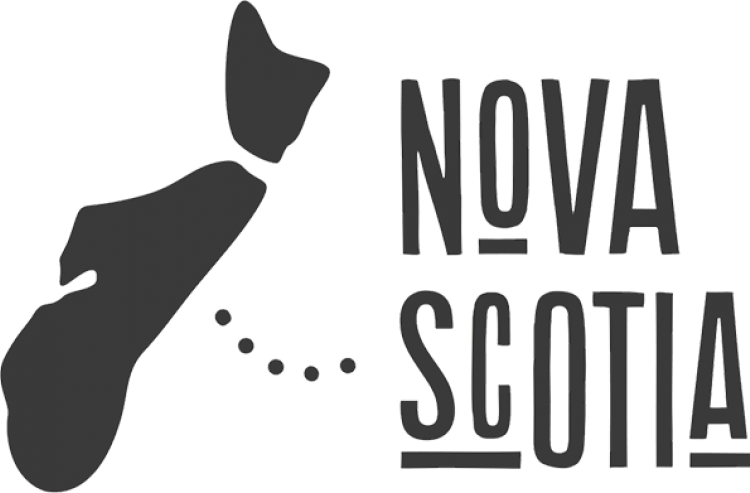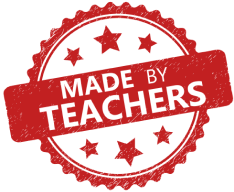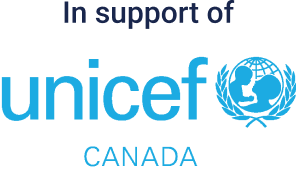Nova Scotia Grade 6

Made by a Grade 6 teacher in Nova Scotia.
Kids Boost Immunity (KBI) provides educational content (lessons and support materials) developed by teachers and where needed, health experts, that is directly linked to curriculum and is available completely for free. Each lesson is paired with an online quiz that students can take on a laptop, tablet, or phone. Every time a student scores 80% or higher on a quiz, we donate life-saving vaccines to UNICEF Canada. To learn more about KBI, click here.
Click on the overarching curriculum themes below to see the curriculum outcomes that match KBI educational content. The full Grade 6 Nova Scotia Curriculum Connections document is here.
- The Vibrancy of Life
-
Curricular outcomes:
Science- Life Science: Diversity of Life
- create and analyse their own chart or diagram for classifying and describe the role of a common classification system (206-1, 206-9, 300-15)
- provide examples of how science and technology have been used in identifying and controlling micro-organisms by different people around the world (107-3, 107-6)
- identify changes in animals over time and research and model the work of scientists (107-11, 207-4, 301-16)
Science- Attitudes
- 412- show interest and curiosity about objects and events within different environments
Health- Learners will analyse how health behaviours enhance physical, mental, emotional, social, and spiritual health
- Immunization
- How do communities prevent community spread of communicable diseases?
- Where do you find reliable information about vaccines?
- What vaccines are given to children and adolescents in our province?
Social Studies: Intro to Culture
- 6.1.3 analyze the importance of cross-cultural understanding
- give examples that illustrate the impact of cross-cultural understanding or a lack of cross-cultural understanding
- explain the concept of a stereotype
- give examples of actions that are being taken to improve cross-cultural understanding (local, national, global)
- 6.1.4- identify and explain factors that are creating a more global culture around the world
- describe how the movement of people impacts on cultures
Social Studies: World Issues
- 6.5.2- examine selected examples of human rights issues around the world
- give examples of rights included in the United Nations Universal Declaration of Human Rights
- examine selected examples of current human rights abuses
Applicable KBI lessons:
1. Diversity of Living Things
- Literacy builder worksheet/answer guide
- Lesson worksheet/answers
- Video worksheet/answers
- Inquiry activities/answer guides
- Numeracy activity/answers
2. Refugee Experiences
- Literacy builder worksheet/answer guide
- Lesson worksheet/answers
3. Vaccine Preventable Diseases
- Lesson worksheet/answers
- Sustainable Perspectives
-
Curricular outcomes:
Science-Attitudes
- 412- show interest and curiosity about objects and events within different environments
- 419- be sensitive to and develop a sense of responsibility for the welfare of other people, other living things, and the environment
Science- Life Science: Diversity of LIfe
- propose questions and gather information about the relationship among the structural features of plants and animals in their environments and identify the positive and negative impacts of humans on these resources (204-1, 108-8)
- identify changes in animals over time and research and model the work of scientists (107-11, 207-4, 301-16)
Social Studies- Intro to Culture
- 6.2.3 compare the use of resources and sustainability practices between Canada and a selected country
- give examples of similarities and differences in the use of resources and sustainability practices between Canada and the selected country
- explain reasons for different perspectives on the use of resources and sustainability practices
Applicable KBI lessons:
1. Environment & Climate Change
- Literacy builder worksheet/answer guide
- Lesson worksheet/answers
- Video worksheet/answers
- Inquiry activities/answer guides
- Numeracy activity/answers
- The Importance of Questions
-
Curricular outcomes:
Science- Attitudes
- 413- willingly observe, question, explore, and investigate
- 415- consider their own observations and ideas as well as those of others during investigations and before drawing conclusions
- 416- appreciate the importance of accuracy and honesty
Social Studies- World Issues
- 6.5.1 analyze the effects of the distribution of wealth around the world
- use statistical data to represent the distribution of wealth around the world
- examine the effects of the uneven distribution of wealth on quality of life
- define poverty and give examples of its effects
- 6.5.2- examine selected examples of human rights issues around the world
- give examples of rights included in the United Nations Universal Declaration of Human Rights
- identify human rights issues related to rights of children
- examine selected examples of current human rights abuses
- 6.5.3- take age-appropriate actions to demonstrate an understanding of responsibilities as global citizens
- plan and take age-appropriate actions to address local/national/international problems or issues
ELA- Learners will respond personally and critically to a range of culturally diverse texts.
- Ask critical-thinking questions to clarify understanding, with increasing independence
- Explain with supporting evidence the messages(s) of the author
- Recognize stereotyping, bias, and/or prejudice, with guidance
- Respond to stereotyping, bias, and/or prejudice, with some guidance
- Begin to support or challenge authors’ viewpoints providing evidence from the text and personal experience
- Why is it important to gather information from multiple perspectives before forming an opinion?
Math- Numbers
- N06 Students will be expected to demonstrate an understanding of percent (limited to whole numbers) concretely, pictorially, and symbolically.
Applicable KBI lessons:
1. Critical Thinking & Evaluating Information
- Literacy builder worksheet/answer guide
- Lesson worksheet/answers
- Video worksheet/answers
- Inquiry activities/answer guides
- Numeracy activity/answers
2. Global Inequality
- Literacy builder worksheet/answer guide
- Lesson worksheet/answers
- Video worksheet/answers
3. Navigating the World of Online (Mis)Information
- Literacy builder worksheet/answer guide
- Inquiry activities




